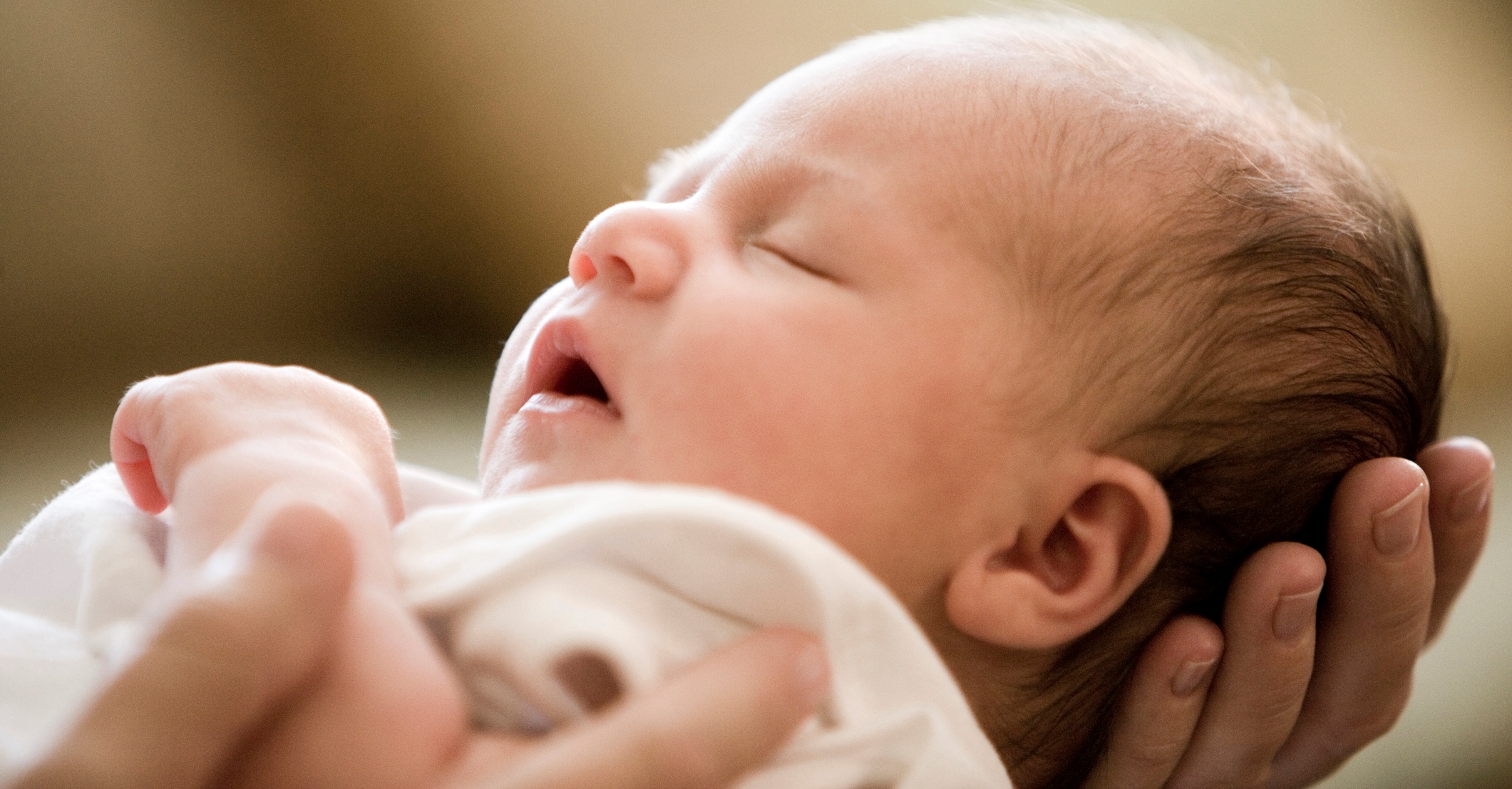Pregnant mums are still losing jobs
More than 50,000 women are losing their jobs every year as a direct result of maternity discrimination in the workplace, a new report reveals.
The shocking figures are part of an in-depth survey, released today (July 24) by the Equality and Human Rights Commission, which found that 10 per cent of women are discouraged from attending antenatal appointments by their employers, one in 20 women have received a cut in pay after returning to work and one in five have experienced harassment or negative comments from colleagues and bosses during or after pregnancy.
The survey of 3,200 women also found that one in 10 felt treated worse by their employer when they returned to work after having a baby, and 7 per cent reported they were put under pressure to hand in their notice.
When mothers were granted permission to work more flexibly, half said they received fewer opportunities at work or felt their opinion was less valued.
Despite laws being in place to protect women against such discrimination, the survey found that discrimination has worsened drastically over the past decade, with the number of jobs women have lost because of unfair treatment doubling in the last ten years.
The survey revealed that some groups of women who face maternity discrimination are treated more badly than others. Single as well as younger mothers under 25 fared worst — they reported higher levels of harassment, unsuitable workloads and discouragement from attending critical health appointments.
Single mothers were four times more likely as partnered mothers to be dismissed during pregnancy or on maternity leave.
TUC women’s equality officer Scarlet Harris highlighted why these groups may suffer more discrimination.
“I don’t think it’s too much of a leap to suggest that there might be a correlation between the sectors where young women tend to work and the types of contracts that they are often on, and the fact that they seem to get such a raw deal,” she said. “Young women are more likely to be in precarious, casualised forms of work such as agency work or working on zero hours contracts.”
It’s a point that was also emphasised by Unite national officer for equalities Siobhan Endean.
“The UK is currently riven by job insecurity,” she said. “There is also an epidemic of zero hours contracts, which impact on workers – there are an estimated 1.2 million such contracts.”
“These two factors contribute to the reluctance of women to object to pregnancy discrimination – a phenomenon that should not exist in 2015.”
On Mumsnet, one of the UK’s largest parenting websites, stories of blatant maternity discrimination abound.
One woman on a zero-hours contract reported that after announcing she was pregnant, she only got one day’s worth of work a week at most, compared to her previous schedule of three to five days of work.
“I am only 16 weeks [pregnant] and am still fully capable of doing my job,” she noted. “But other employees on the exact same contract as me are still being offered work, despite being less trained at the job.”
Another woman who was on a short-term contract reported that she was made redundant while on maternity leave.
“Before I left one of my bosses told me she didn’t think women with under 5s should work,” she said. “I ended up out of work for years. The effect on my family’s life has been catastrophic, [including] homelessness.”
Endean explained that there are concrete ways to combat maternity and pregnancy discrimination.
“Employment tribunal fees, which were hiked up to about £1,200 by the last government, are a barrier to access to justice, if you feel you have been discriminated against because you are pregnant,” she said. “These fees should be abolished.”
Indeed, since employment tribunal fees introduced by the coalition government were put in place,claims have dropped by an astonishing 60 per cent.
Stronger rights
Endean added that stronger rights in the workplace can also help to prevent maternity discrimination.
“There should be stronger rights for workers to return to work flexibly or part-time, as well as better pay for parental leave, so that fathers can take shared parental leaved,” she said.
The EHRC report, which surveyed thousands of workers as well as bosses, discovered a profound discrepancy between how women reported being treated and how employers thought they were treating their employees.
For example, only five per cent of employers surveyed said that they received any formal or informal complaints from their employees relating to pregnancy or maternity issues, while 22 per cent of employees surveyed said they reported concerns formally or informally about their pregnancy or maternity to their bosses.
Although employers reported having a high degree of awareness about pregnant employees’ rights, the degree of awareness varied by sector, with bosses in the public sector and in workplaces with union recognition reporting the highest levels of awareness.
Endean emphasised that the onus lay on employers to be vigilant about maternity discrimination.
“Employers should root out pregnancy discrimination and ensure they have decent maternity pay and leave policies in place to support new mothers and enable them to return to work,” she said.
She added, however, that employees, too, must be made better aware of the legislation that exists to protect them.
“Women should get better information about their rights, and this is where trade unions can help by providing representation and support on maternity leave and pay policies.”
Read the full EHRC report here.
 Like
Like Follow
Follow


